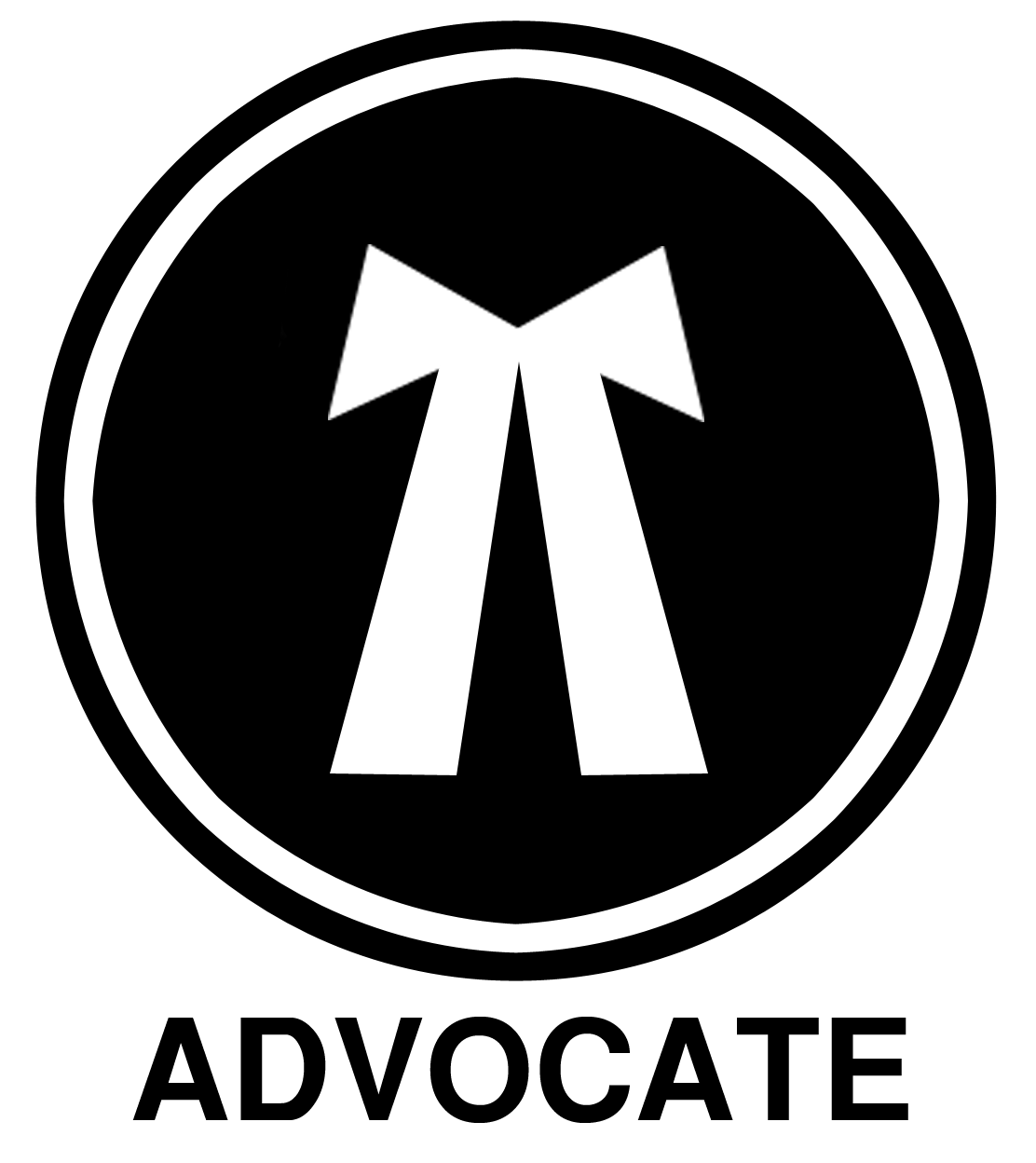How to Become A Court Advocate

Legal profession has long been considered one of the most prestigious arts along with being a doctor and an engineer. Successful representation of clients in court and winning a large number of cases can make big reputation for the lawyer leafing to a large demand and ultimately higher fees.
Although the court business is extensive, it can be quite lucrative. Therefore young people tend to get a law degree, gain experience and become Advocate in the court. Despite the large number of law graduates or lawyers, there are a handful of advocates available in the court.
Instructions
-
1
If you enjoy the legal profession, first check with the Federal Law on Advocacy and Advocacy in the desired region. Examine the rights, duties, powers attorney, order of acquisition, suspension and termination status, the organization of advocacy and legal assistance to the population. Note the constraints specified in the law to the award of the status of an advocate: the presence of capacity constraints, as well as outstanding and withdrawn convicted of an intentional crime.
-
2
To become an Advocate, you need to have preliminary experience in working as a lawyer and this period can exceed to what the law in that particular region says. You must complete at least 2 or more years in the legal profession (in most regions) to get a higher legal education state and municipal positions, including law enforcement, legal services organizations, educators legal disciplines in secondary, tertiary and postgraduate education, and as well as an full time lawyer.
-
3
Next, apply the Qualification Commission Bar Association statement on the status of attorney given to you which may include a copy of the passport, a copy of the work book with a note on the legal profession, a copy of the diploma of higher legal education. Please note that the qualification commission may request a confirmation you have provided information and documents in the organization in which they were issued.
-
4
Upon completion of testing, you will be admitted to the qualification examination, which is held in the form of a written test and an oral interview. At the completion of the acquisition of the legal profession you will need to take the oath of fair rights, freedoms and interests of clients in accordance with the law and the code of professional ethics.







